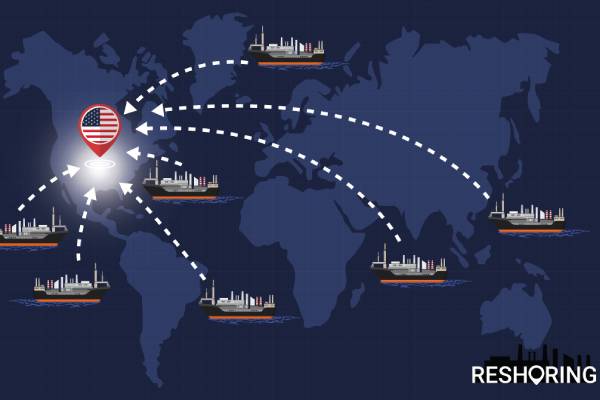Supply Chain 101: What is Reshoring and Why Does It Matter?
Reshoring—the process of bringing manufacturing and supply chain operations back to a company’s home country—has gained momentum in recent years. Geopolitical tensions, supply chain disruptions, and government incentives are driving a shift toward domestic manufacturing, with companies increasing investments in U.S. production facilities.
What is Reshoring?
Reshoring refers to the practice of relocating production and supply chain activities from overseas back to the country where a company is headquartered. This shift is often motivated by the need to improve supply chain resilience, reduce transportation costs, and mitigate risks associated with global trade uncertainties.
Reshoring can take different forms, including:
- Full Reshoring: Moving all manufacturing operations back home.
- Partial Reshoring: Returning select production processes while maintaining some offshore activities.
- Nearshoring: Shifting operations to a neighboring country rather than bringing them fully back home.
Why Reshoring Matters
Reshoring is becoming a strategic priority for many businesses due to several key factors:
- Supply Chain Resilience: By reducing reliance on overseas suppliers, companies can better respond to disruptions and maintain operational stability.
- Cost Efficiency: While labor costs may be higher domestically, savings from lower shipping expenses, reduced tariffs, a…


Comments are closed, but trackbacks and pingbacks are open.